Professional tile sealing that prevents permanent stains, moisture damage, and premature replacement while keeping your high-end surfaces looking pristine.
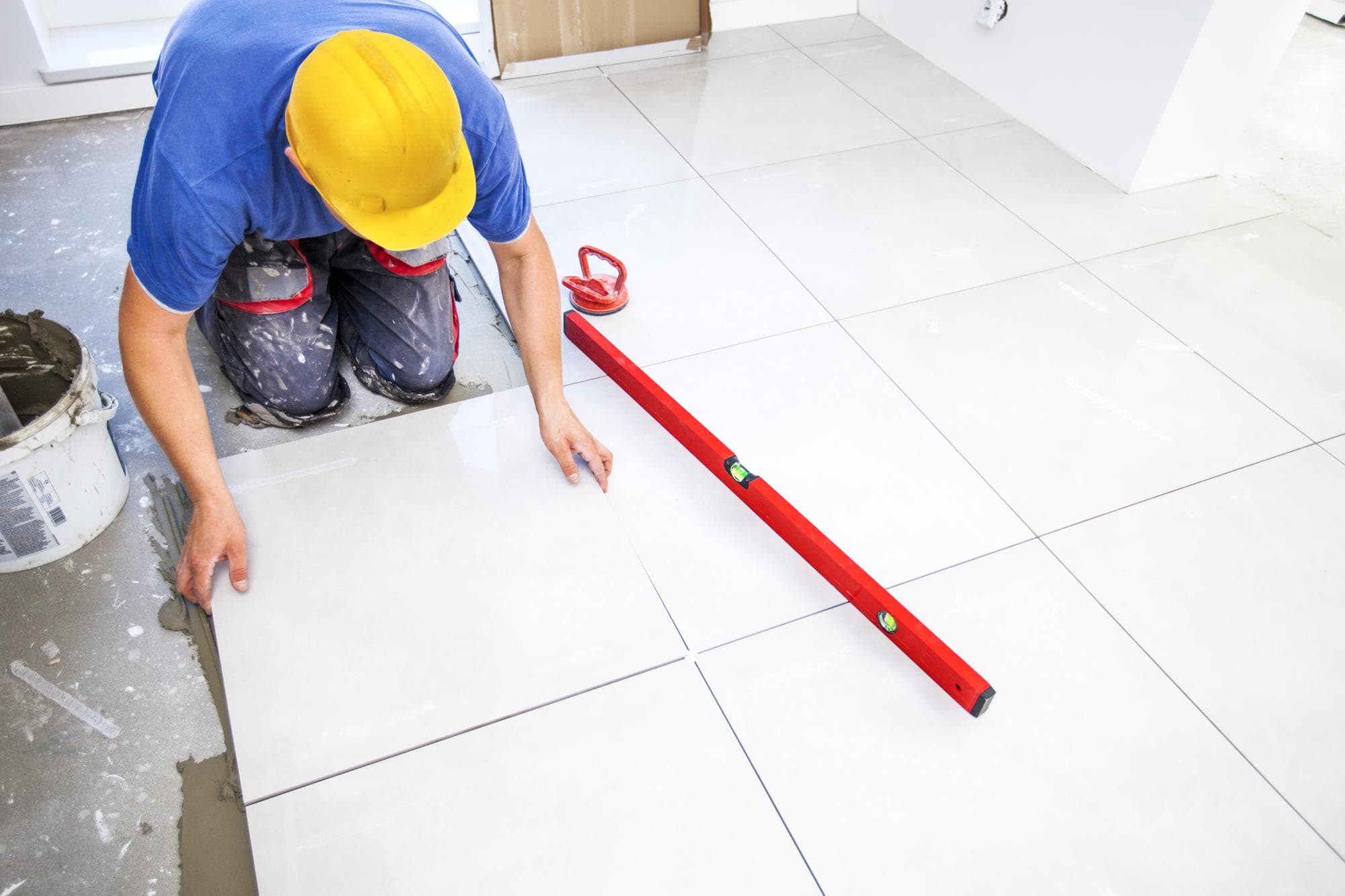
Hear from Our Customers
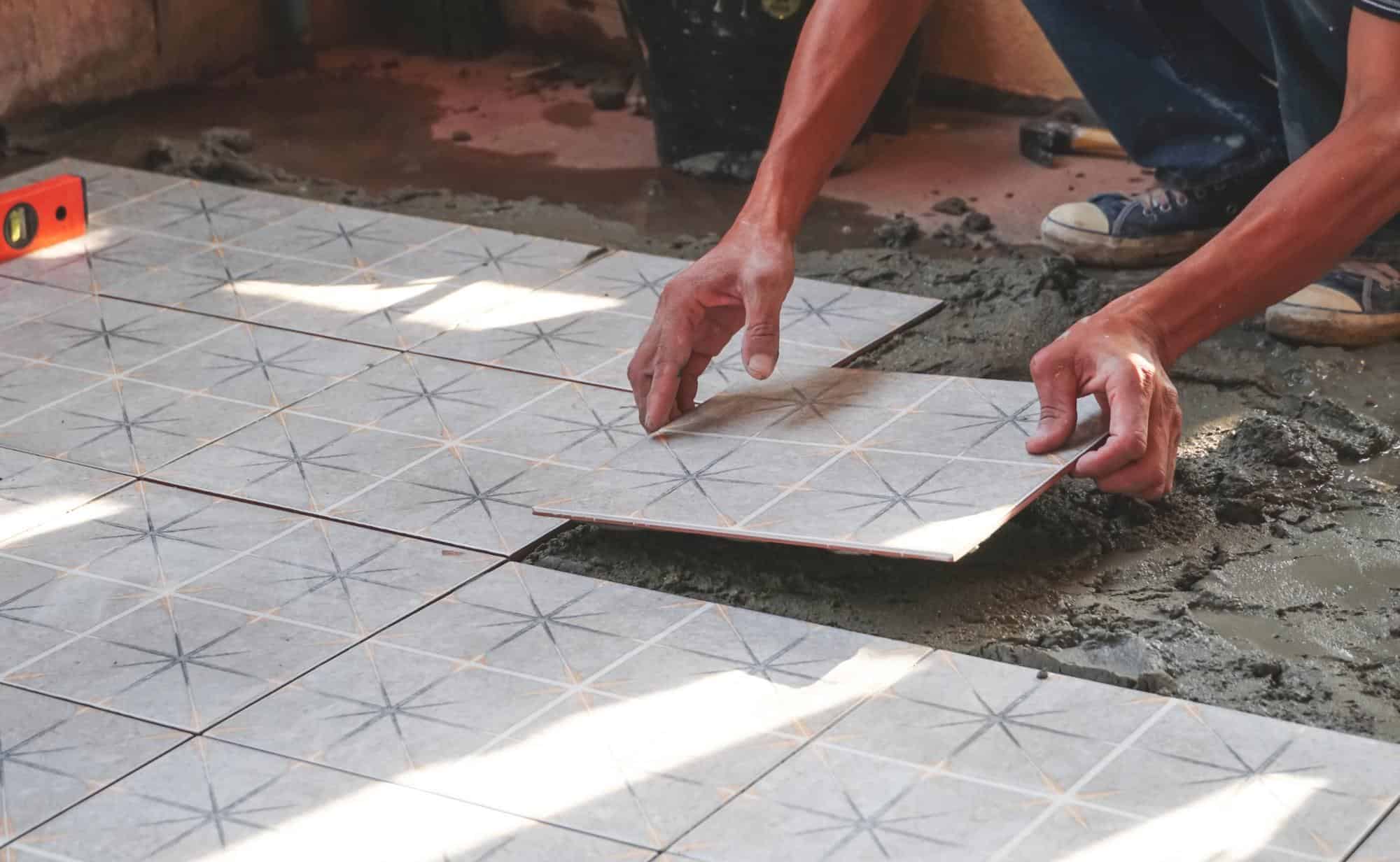
Your morning coffee spill wipes up clean instead of soaking into grout lines and creating permanent brown stains. Oil splatters in the kitchen rinse away rather than penetrating porous surfaces. Bathroom moisture stays on the surface instead of seeping underneath and creating that musty, moldy smell.
Most importantly, you’re not looking at tile replacement every 5-7 years because water damage has compromised the installation. Professional ceramic tile sealing and porcelain tile sealing create an invisible barrier that stops liquids from penetrating while allowing surfaces to breathe naturally.
The difference is dramatic. Sealed surfaces stay cleaner longer, resist staining, and maintain their original appearance for years instead of gradually dulling and discoloring.
Diamond Stone Restorations Corp understands South Salem properties. We’ve protected tile installations in homes where the kitchen backsplash cost more than most people’s cars. These aren’t surfaces you experiment with.
South Salem homeowners invest heavily in natural stone, high-end ceramics, and custom tile work. We’ve seen what happens when these installations aren’t properly maintained – and what it costs to replace them.
Our approach centers on preservation through proper technique. That means using commercial-grade sealers designed for your specific tile type, applied with methods that create lasting protection rather than temporary fixes that fail within months.
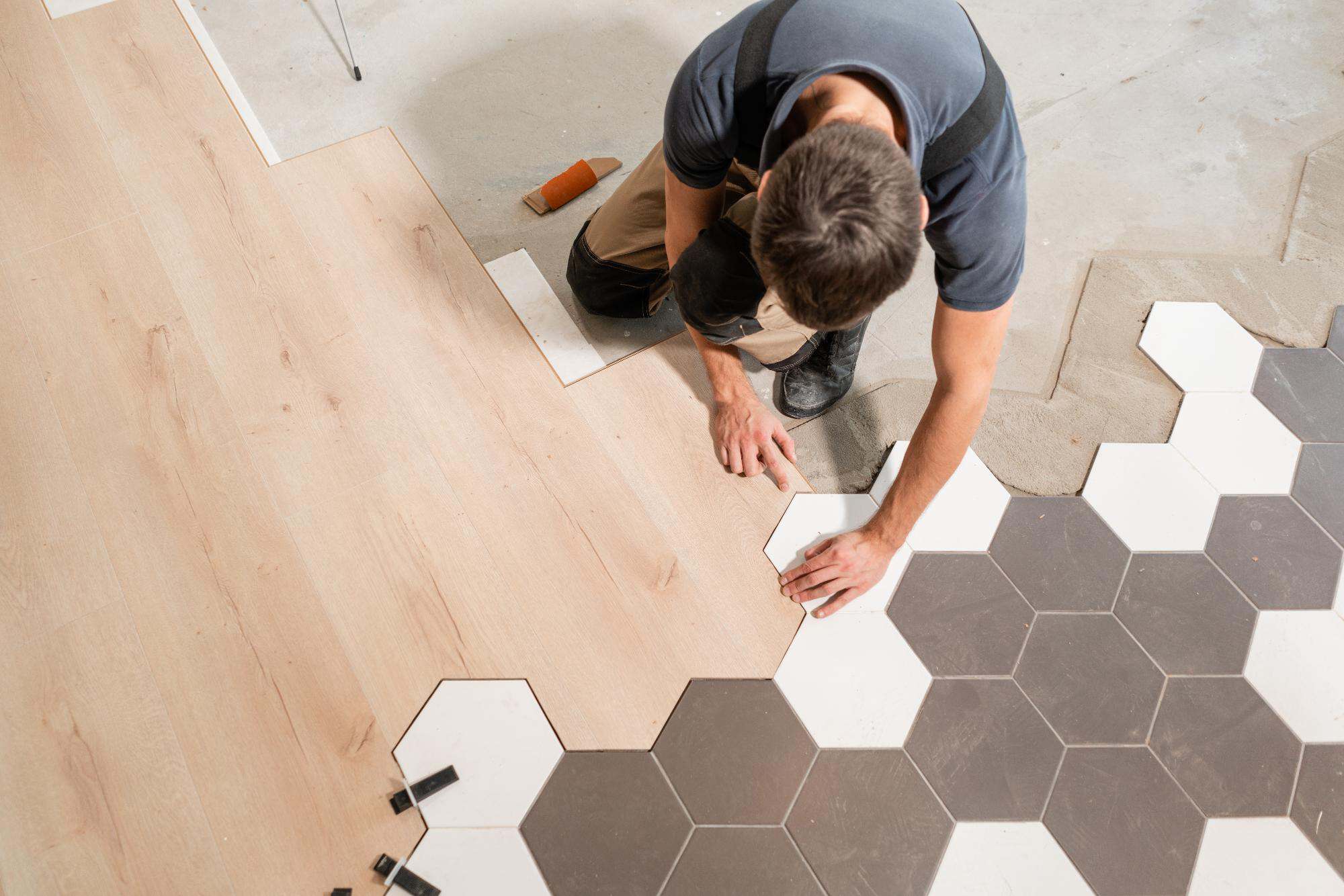
We start with surface evaluation because ceramic, porcelain, and natural stone each require different sealing approaches. Many tiles don’t need sealing, but their grout lines absolutely do – and most people get this backwards.
Deep cleaning comes first using equipment designed specifically for tile and grout. This removes embedded dirt, soap residue, and mineral deposits that prevent proper sealer penetration. Surface contamination is why many sealing jobs fail prematurely.
The actual sealing uses penetrating products that absorb into pores rather than coating the surface. These sealers need 10-12 hours to cure properly, which is why we schedule accordingly rather than rushing through multiple jobs per day.
Quick-dry sealers available at home stores cure in 30 minutes but don’t penetrate deeply enough to provide lasting protection. Professional-grade products take longer but last 3-5 years instead of 3-5 months.
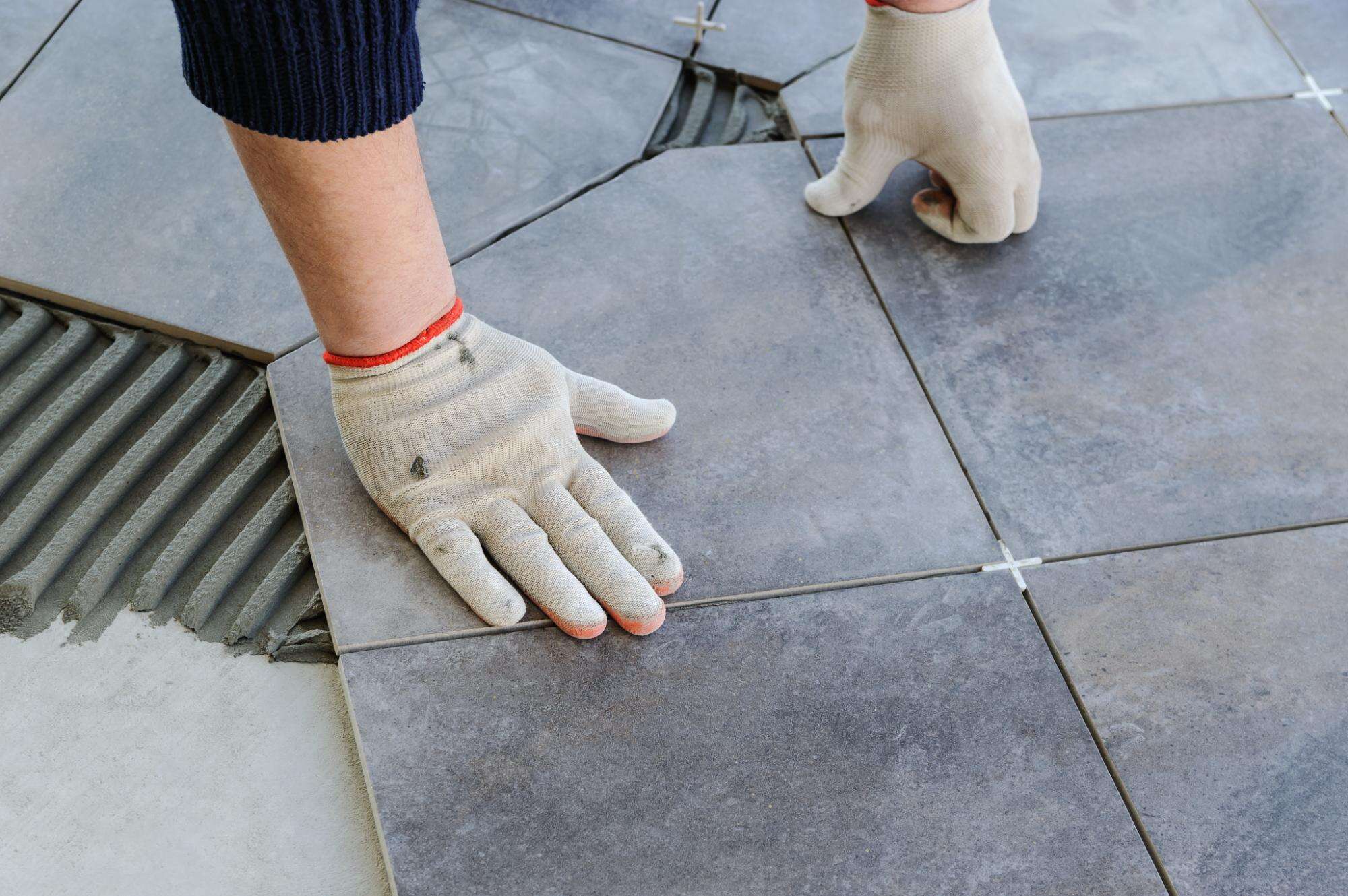
Ready to get started?
Complete surface evaluation to determine which areas need sealing and which don’t. Not all tiles require protection, but grout lines almost always do. We handle ceramic tile sealing, porcelain tile sealing, natural stone protection, and grout sealing based on actual need rather than blanket application.
Professional cleaning with commercial equipment removes embedded contaminants that prevent sealer adhesion. This step is crucial because sealing over dirty surfaces just traps the dirt permanently.
South Salem’s older homes often feature natural stone installations that require breathable sealers to prevent moisture trapping. Newer constructions may have porcelain tiles that need different protection approaches. We match sealer type to material type and usage conditions.
The service includes proper curing time, application technique guidance for maintenance, and realistic timelines for when resealing will be needed based on your specific traffic patterns and usage.
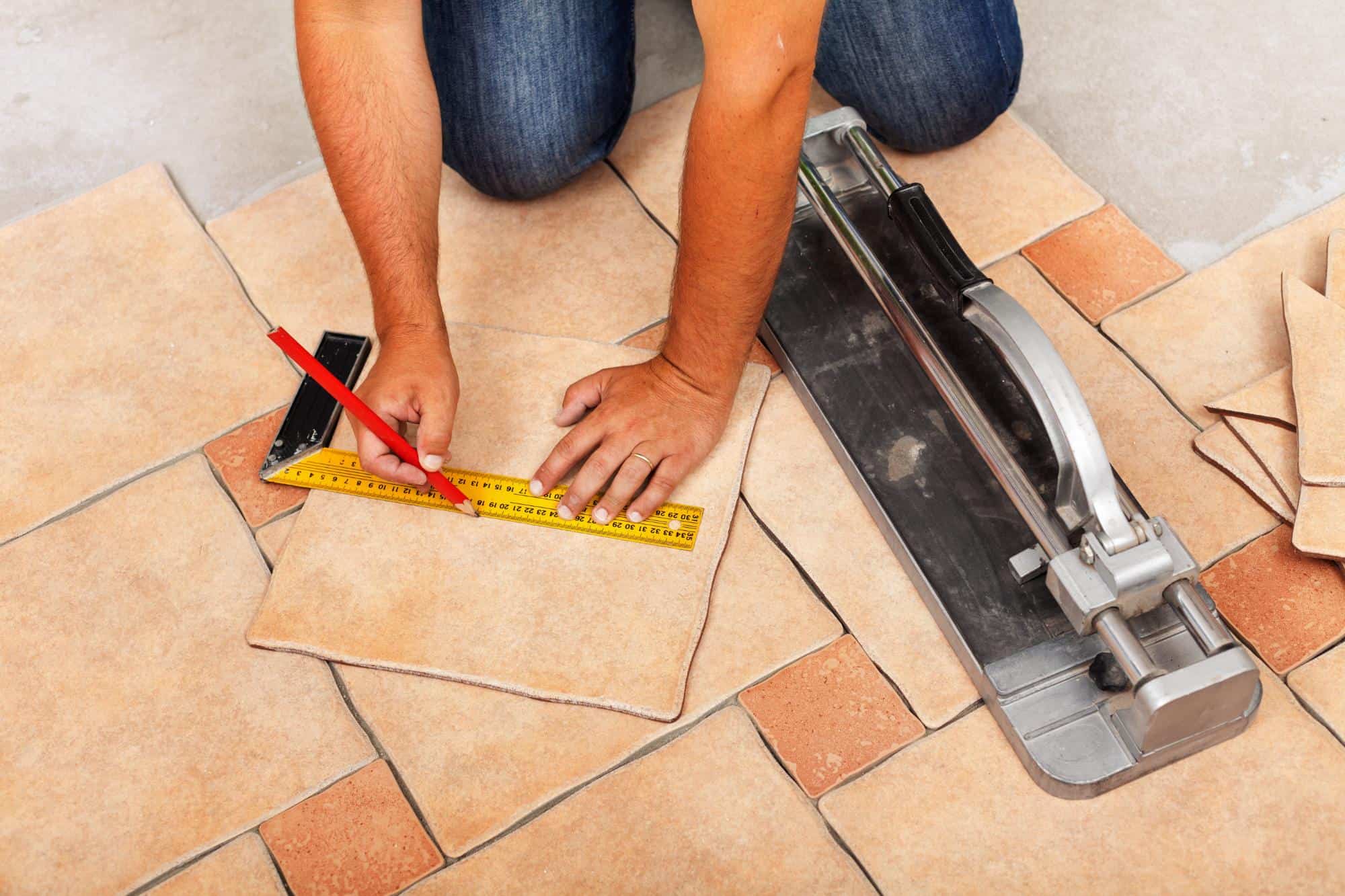
Ready To Restore The Beauty Inside Your Stone?
Contact us today!
Diamond Stone Restorations Corp
Company
Support
Useful Links